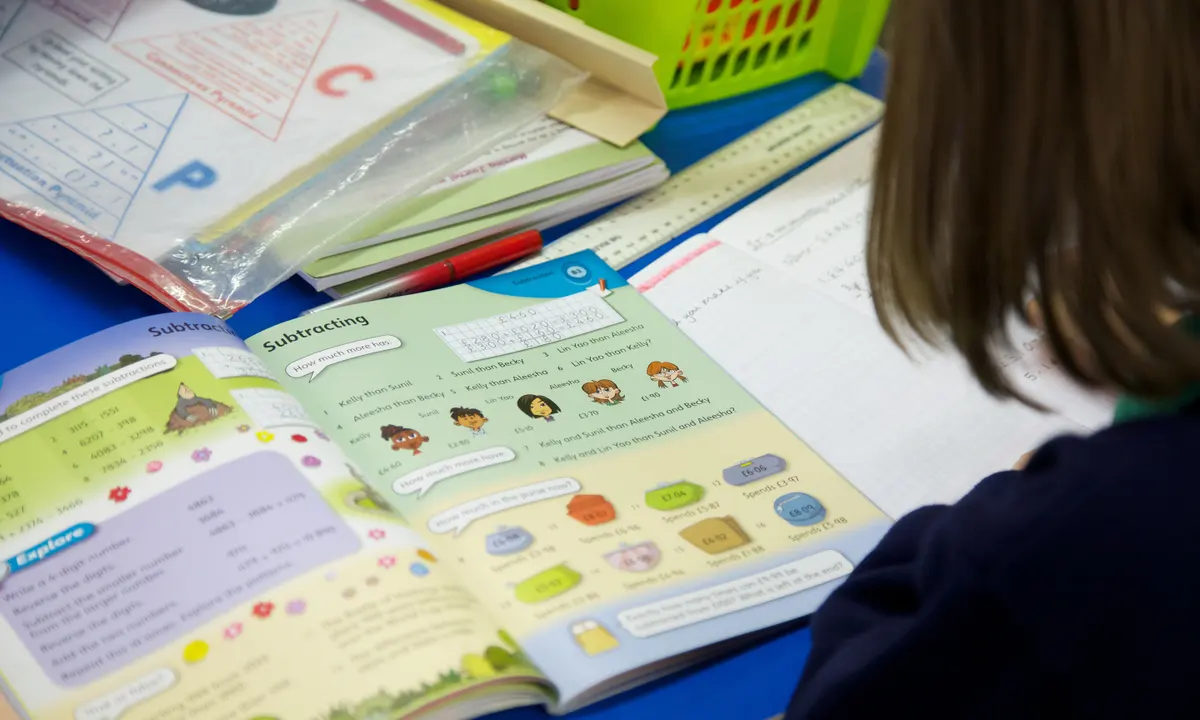In a sobering revelation, recent research funded by the Nuffield Foundation paints a bleak picture of England’s educational scenario, warning of an impending crisis in exam results due to the lingering effects of Covid-induced school closures.
The study, conducted by academics from Exeter University, Strathclyde, and the London School of Economics, projects a steady deterioration in national GCSE outcomes, particularly in key subjects like maths and English, until at least 2030.
Professor Lee Elliot Major, a leading voice on social mobility and one of the report’s authors, emphasized the urgent need for proactive measures to mitigate the long-term repercussions of disrupted learning.
He underscored the importance of implementing equitable policies to counteract the adverse impact of Covid-related school closures, cautioning that failure to do so could condemn future generations to enduring educational setbacks.
Research Points to Protracted Academic and Economic Toll of Pandemic Disruptions

The report advocates for pragmatic interventions, including the recruitment of undergraduate tutors and restructuring of the academic calendar to optimize learning opportunities.
Pepe Di’Iasio, a former headteacher and representative of the Association of School and College Leaders, echoed the report’s findings, labeling them a “devastating warning” of the perilous trajectory of educational decline.
Highlighting the government’s role in addressing these challenges, Di’Iasio called for sustained investment in education and teacher support to avert a deepening crisis. He criticized past inadequacies in education recovery efforts and urged policymakers to prioritize long-term solutions to safeguard the educational prospects of current and future students.

The research also sheds light on the broader socioeconomic implications of diminished academic attainment, projecting significant disparities in lifetime earnings and exacerbation of existing inequality gaps.
With an estimated £31 billion loss in lifetime earnings for the affected generation, the report underscores the far-reaching consequences of educational neglect.
Amid mounting concerns, stakeholders stress the importance of a comprehensive approach encompassing not only academic catch-up but also socio-emotional support and holistic well-being initiatives. Emphasizing the value of international collaboration, researchers advocate for learning from successful strategies implemented elsewhere to inform more effective responses domestically.

As England grapples with the fallout from disrupted learning, the call for concerted action grows louder, underscoring the imperative of prioritizing educational resilience and equity in the post-pandemic era.







Leave a Reply